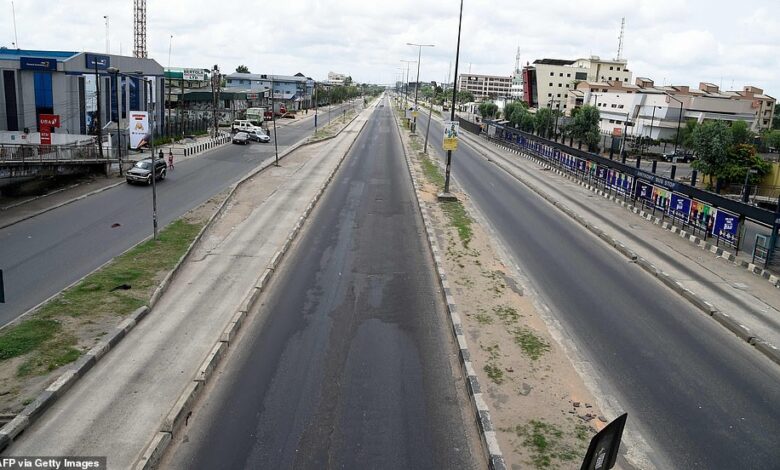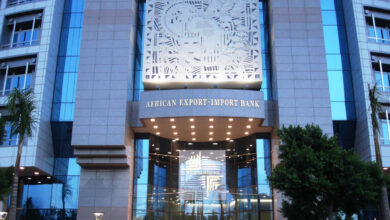African economies under threat from U.S. tariff war

African economies will face adverse consequences of the ongoing tariff war by the United States, a Ghanaian economist has said.
Leslie Dwight Mensah, economist at the Institute for Fiscal Studies (IFS), said in a recent interview with Xinhua that African countries engaged in trade with the United States are likely to face negative repercussions from the new tariffs.
However, he said, the severity of the impact will differ across countries, based on the scale and significance of their trade relationships with the United States.

“Under the initial tariff proposals, many African economies will see positive tariffs on most exports to the United States compared to the zero tariffs they previously enjoyed. This certainly will eliminate some export trade,” Mensah said.
In early April, the U.S. government announced a new wave of tariffs targeting a wide array of countries, with several African economies among the hardest hit. The measures include duties of up to 50 percent on goods from Lesotho, 47 percent on those from Madagascar, 40 percent on those from Mauritius, and 37 percent on those from Botswana.
For instance, the economist said, the United States accounts for less than 5 percent of Ghana’s exports. “So, macroeconomically speaking, this should soften the impact of increased U.S. import tariffs.”
On the other hand, he cautioned that export sectors from Ghana, such as textiles, cocoa products, and wood, which are directly and disproportionately exposed to the U.S. market, are likely to suffer significantly due to the tariffs.
Mensah pointed out that the potential harmful effects of a global trade conflict on the entire Ghanaian economy and the individual economies of African countries are of greater concern.
He said the line chosen by the United States to use a tariff war to address its concerns is disruptive nd unnecessary. “Whatever genuine concerns the U.S. has about its trading relationships can only be successfully resolved by negotiations. A tariff war will not create a satisfactory equilibrium for any country.”
“Tariffs ultimately will decrease trade and overall economic activity, with accompanying welfare losses for households. The evidence is incontestable as well that abrupt tariff actions undermine trust in bilateral relations,” Mensah said.
He said the direct impact of U.S. tariffs on African economies would be “dire.”
Mensah urged African countries to negotiate with the United States, weighing their strengths against their needs vis-a-vis Washington, and making decisions to lessen the impacts and enhance their economic advantages.
Over the medium term, he said, Africa should use the experience as a clarion call to accelerate efforts to widen foreign market opportunities for their producers, and to carry out reforms to build stronger domestic economic resilience.
Mensah said China’s recent decision to expand its preferential trade policy, granting zero-tariff access to a total of 53 African countries, is one of the opportunities African countries should leverage to expand their foreign market access.
The Chinese initiative has huge positive significance, not only for Africa-China trade, but also as an alternative to whatever losses might result from the U.S. tariff war, he said.




